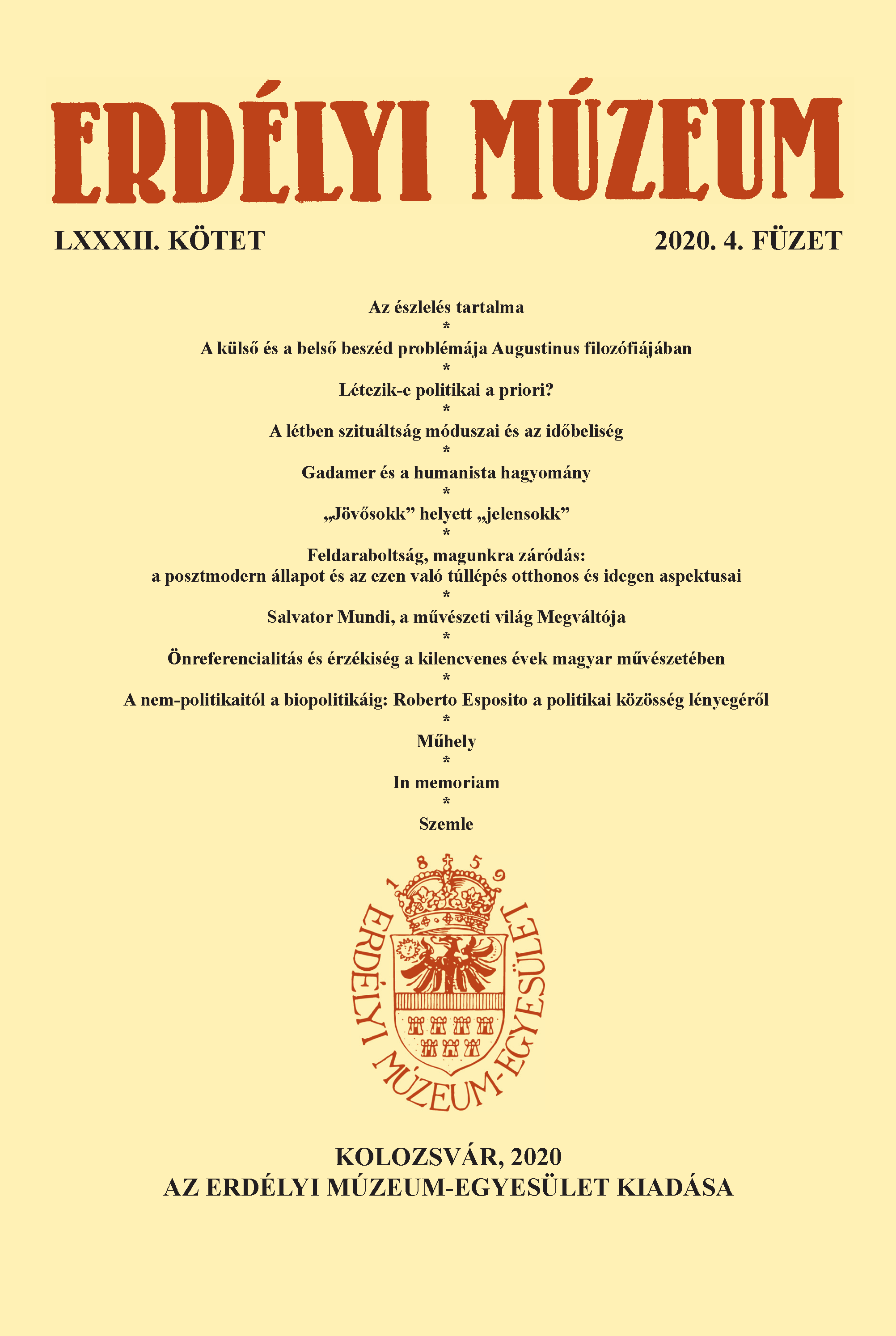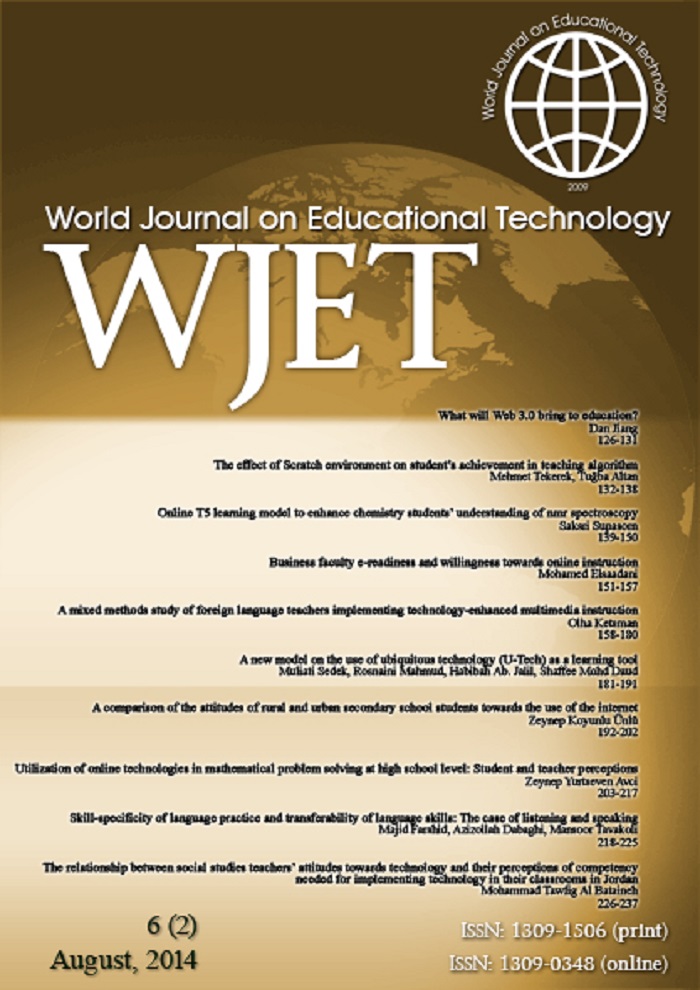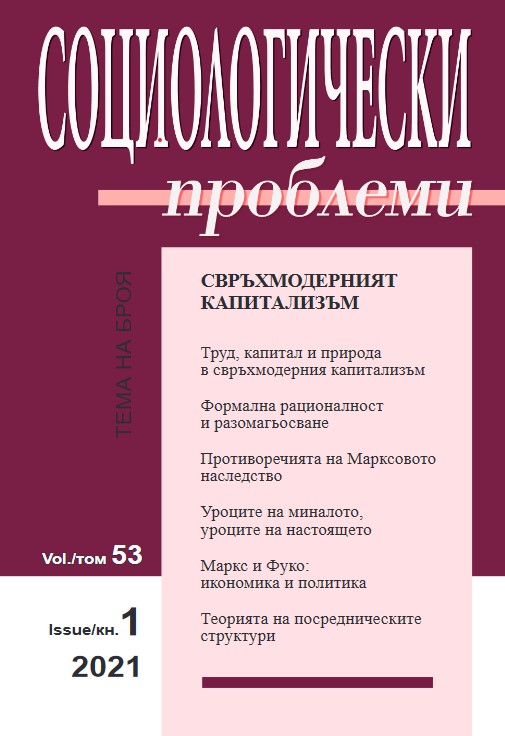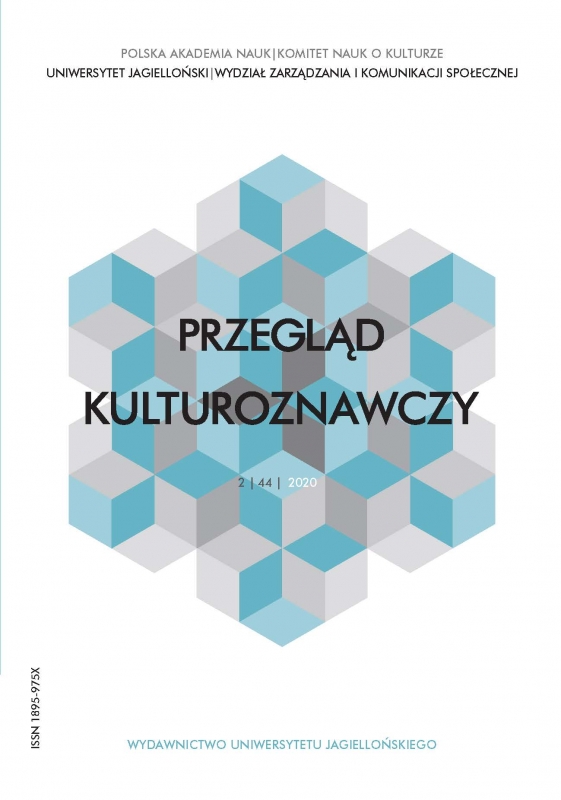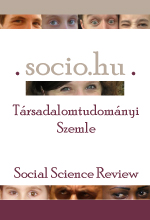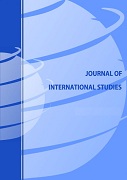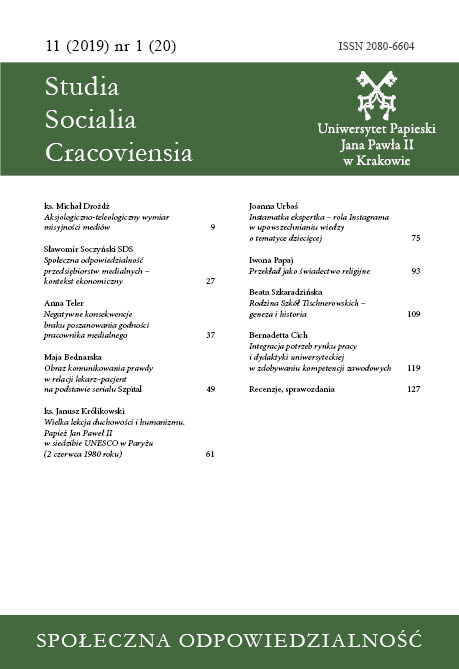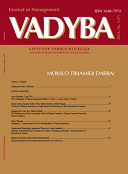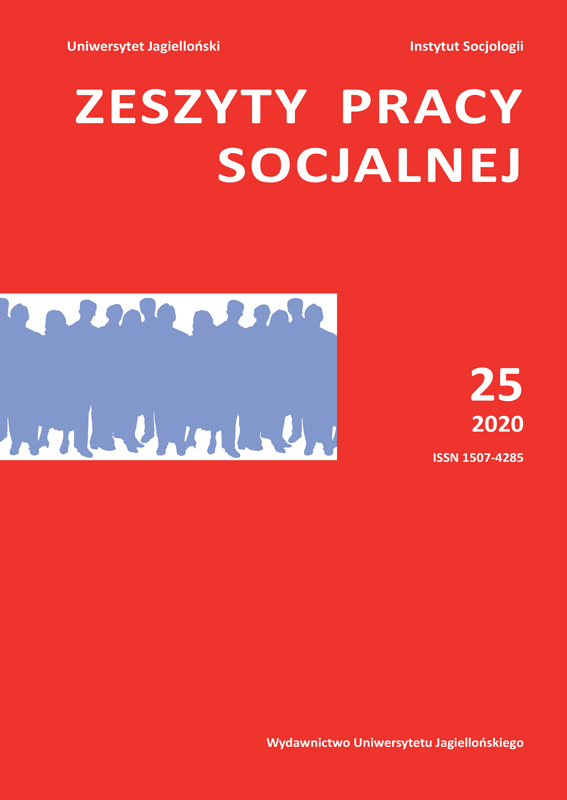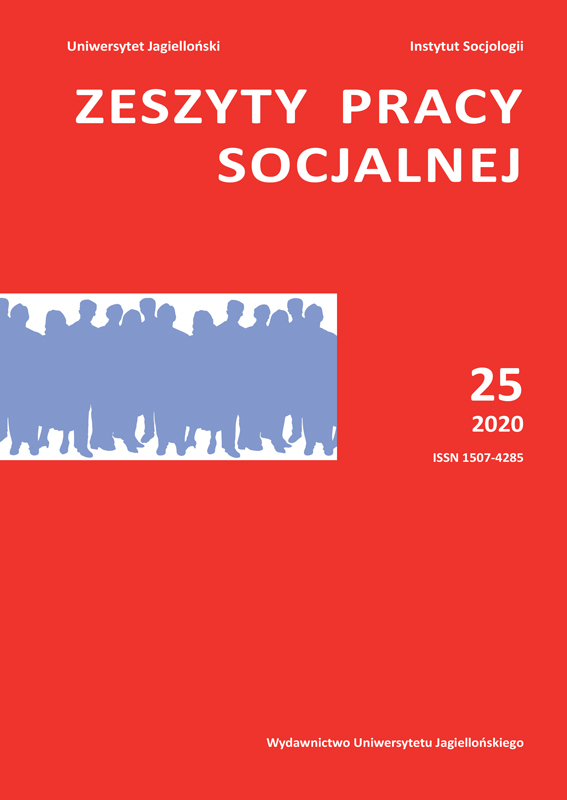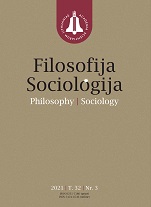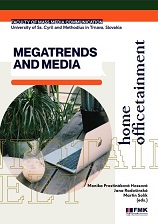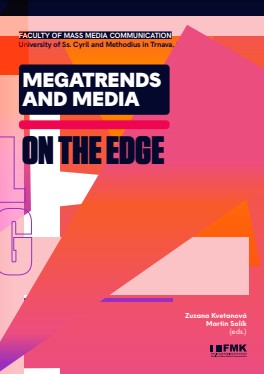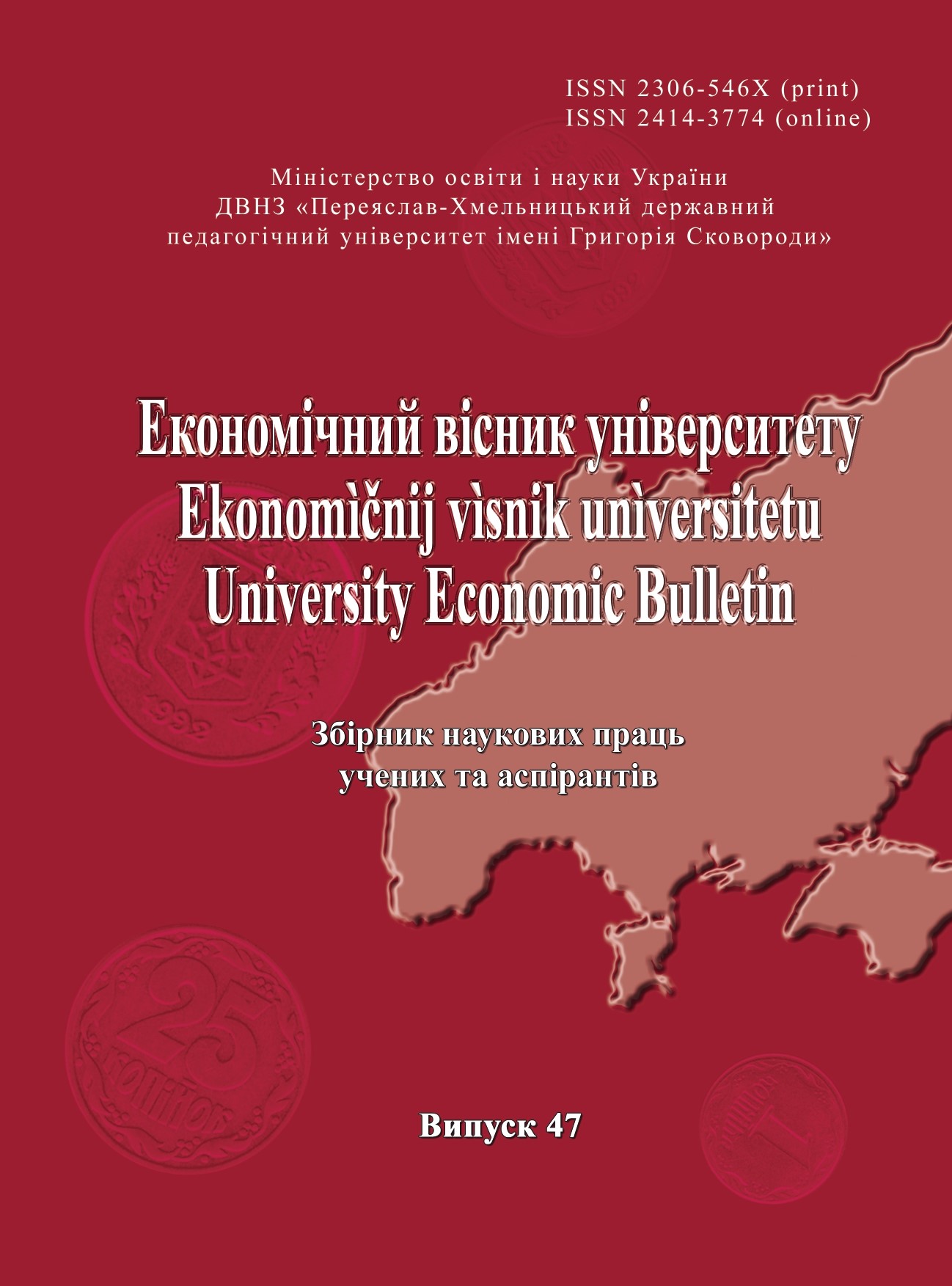
Soft Skills педагога професійної школи як чинник його конкурентоспроможності
Formulation of the problem. In modern conditions of high-tech economic development, the question of training directly for production arises. This issue, in particular, is addressed by the vocational school, which assumes the main functions in the training system. The big role in it belongs to the teacher who is engaged in formation of the personality of the manufacturer not only as a production unit, but also as a factor of formation of competitiveness, actually, the future worker, and himself personally as the expert in the market of education. Analysis of recent research and publications. The issue of using the skills of a teacher in the system of production activities has always been the focus of researchers in the field of education. Recently, much attention has been paid to this, as Soft Skills of the modern teacher give him the appropriate advantages in the educational market. In particular, it is worth paying attention to the research carried out by V.V. Sidorenko, H.-D. Kubler, I.S. Kalenyuk, V.G. Muromets, L.L. Familyarskaya and others. The purpose of this study is to trace and elucidate the relationship of Soft Skills teacher of a vocational school with its competitiveness in the education market and to train competitive future professionals in the labor market. Materials and methods. The implementation of this study is based on the following principles: conceptuality, which allows to obtain integrated results; debatability, which allows the admission of different views on this issue; historicity, which makes it possible to determine the views of scientists and practitioners on this issue in different historical periods. Research results.The article attempts to consider the question of how in modern conditions of development of the educational market the role and importance of the teacher as the main product force in the system of training of the future specialist is grown. Pedagogical vocational school in market conditions creates a special product - an educational service, which is implemented by the educational institution in conditions of serious competition. In addition to his purely professional competencies, the teacher must have a number of skills and abilities. They are often characterized by the broad term Soft Skills - "soft skills" and "flexible skills". Soft Skills allow you to be successful regardless of the specifics of the activity and the direction in which the person works, in particular the teacher of the vocational school. As a rule, they are referred to as so-called social skills: the ability to persuade, approach people, lead, interpersonal communication, negotiation, teamwork, personal development, time management, erudition, creativity and other qualities. The paradox in this case is that the above skills are difficult to call those that lie outside the professional competencies of the teacher. However, it is these qualities that give the teacher become his competitive advantages in the educational market. In addition, such advantages of individual teachers create advantages for the educational institution, which receives advantages in the market. The educational institution should be interested in its production (teaching) staff to be the most professionally trained (Hard Skills) and endowed with qualities beyond the professional qualities that become a factor of competitiveness in the educational market (Soft Skills). In this combination, the effect of synergy is achieved both at the personal level and at the level of the educational institution. Conclusions. Soft Skills teacher of a vocational school gives him the opportunity to gain benefits in the educational process and in the educational market, provided their skillful use. Also, Soft Skills educator play a major role in organizing the learning process of future professionals, influencing their formation as members of society. Teachers who have the appropriate qualities in the total result affect the creation of an appropriate image of the institution and its competitiveness in the education market.
More...
